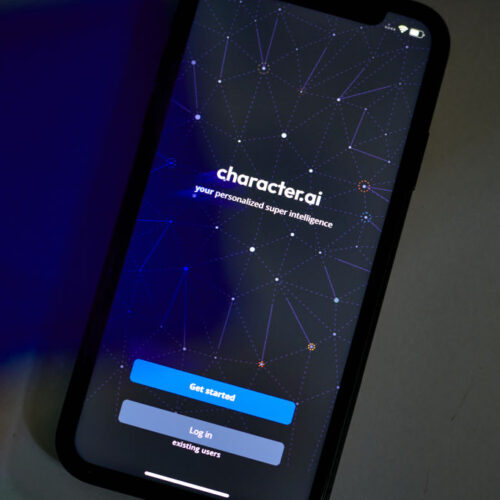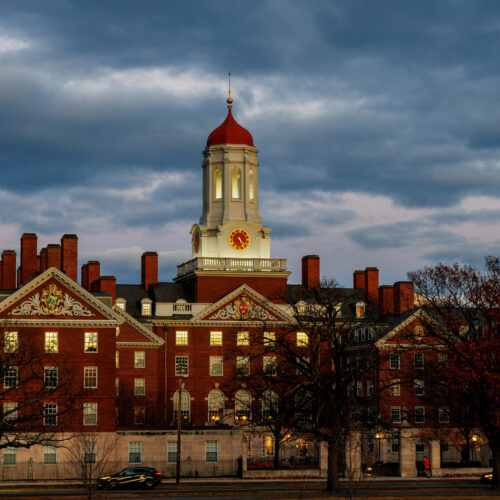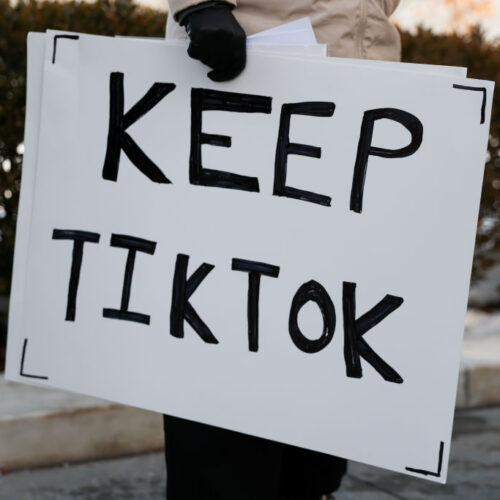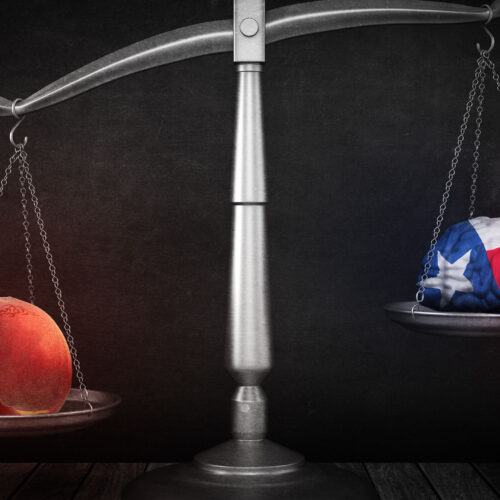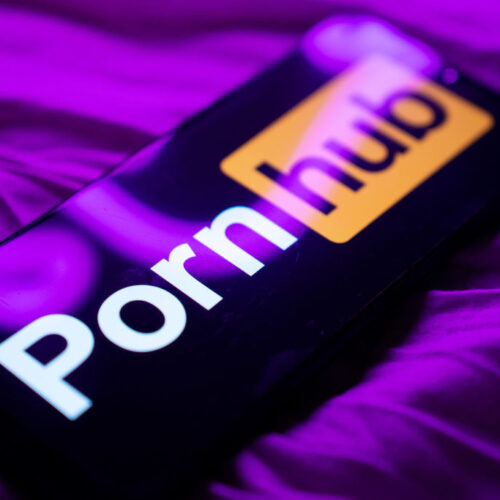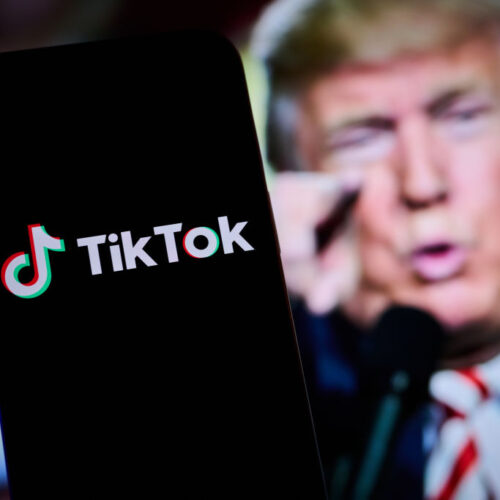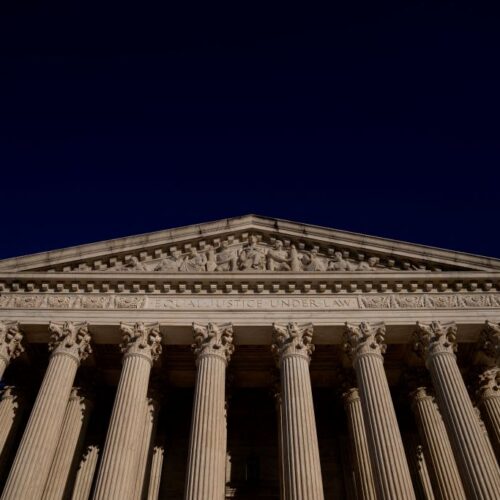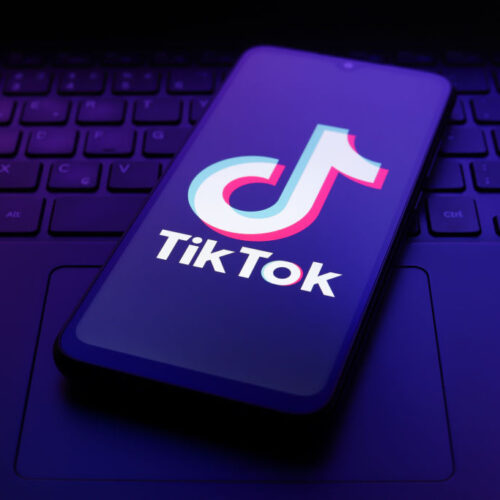First Amendment doesn’t just protect human speech, chatbot maker argues
Pushing to dismiss a lawsuit alleging that its chatbots caused a teen's suicide, Character Technologies is arguing that chatbot outputs should be considered "pure speech" deserving of the highest degree of protection under the First Amendment.
In their motion to dismiss, the developers of Character.AI (C.AI) argued that it doesn't matter who the speaker is—whether it's a video game character spouting scripted dialogue, a foreign propagandist circulating misinformation, or a chatbot churning out AI-generated responses to prompting—courts protect listeners' rights to access that speech. Accusing the mother of the departed teen, Megan Garcia, of attempting to "insert this Court into the conversations of millions of C.AI users" and supposedly endeavoring to "shut down" C.AI, the chatbot maker argued that the First Amendment bars all of her claims.
"The Court need not wrestle with the novel questions of who should be deemed the speaker of the allegedly harmful content here and whether that speaker has First Amendment rights," Character Technologies argued, "because the First Amendment protects the public’s 'right to receive information and ideas.'"


© Bloomberg / Contributor | Bloomberg
